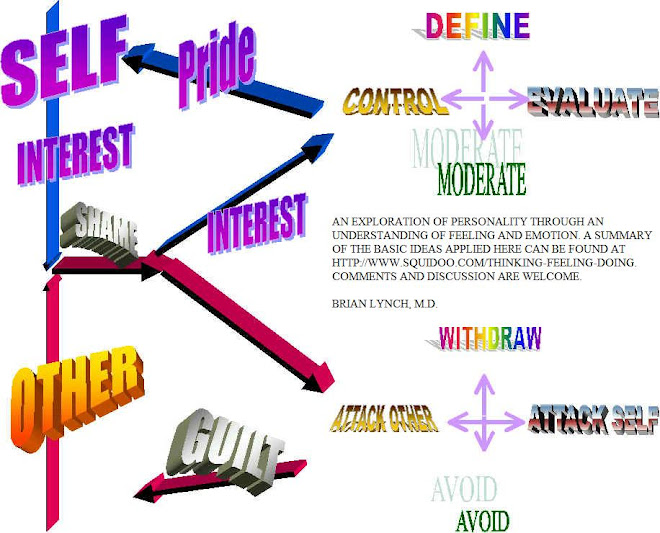"Nothing is as it seems"
A note of encouragement to get help.
Brian Lynch
Revised
"All the world over is queer save thee and me, and even thou art a little queer." Robert Owen.
Most everything has been turned on its head for me over the last fifteen or so years. I like, I am sure most people, thought and think that when people seek help for mental health it is because they are essentially “worse” off than the rest of the population.
One day it occurred to me that maybe quite the opposite was true. Unless you have thought about these issues a great deal or are in therapy or have been in therapy this might not be obvious and in fact, might be quite an offensive thought. I do at times tend to state things in a rather radical mode but that is with the hope of getting the readers' interest. That said I am not saying there are not “well-adjusted folks out there” but it has seemed to me that those that surround the people that come to see me are the ones most in need of help or at minimum at least a few in every family, or let’s say we all need help. We all need to learn about our emotional lives.
The people that take the step to come and get “help” or, I like to say, come in to learn something about their emotions, were lucky enough to be in the right place at the right time.
I am not going say they are “better people” only that they are luckier in the sense that they are the ones in front of me for whatever reason.
The truth of the matter is it will be found out that they are here because those around them literally are or did at some point practically torture them to death or to the point of insanity. That is not to say that those very same people maybe at some point did seek help and or were institutionalized but it is more often that they are in such a state of denial that they could never see themselves as “that kind of person[to seek help.” It would be and is too “shameful” for them to seek help.
Therefore the person getting help, coming in, and seeking learning has maybe unbeknownst to them at least crossed the threshold of shame tolerance. They are by definition not too shamed to come in. Someone it seems to me has to say these things and they have been said before. They will be hurtful to some but my job is to speak for those that come to see me.
It has occurred to me that it is of maybe no great mystery why over thirty percent of American adults live alone. This usually is interpreted as some sign of gross pathology on our part.
Just maybe it is a sign of some sanity. A society that has reached a state of affluence that can escape the bonds of insanity that we find behind closed doors. The insanity of constant shame and humiliation that I hear of every day from my privileged vantage point. I am convinced it exists at every level having come at this job not simply as a “therapist” but as a general doctor seeing all levels of lives and families as grist for the “mental health” mill. Living alone is certainly preferable to “Mommy Dearest” who is much more common than we ever thought.
Please pursue your health and peace. No one need to know the counsel you keep. Know that you are the truth seeker if those around you cannot break the cycle.

















